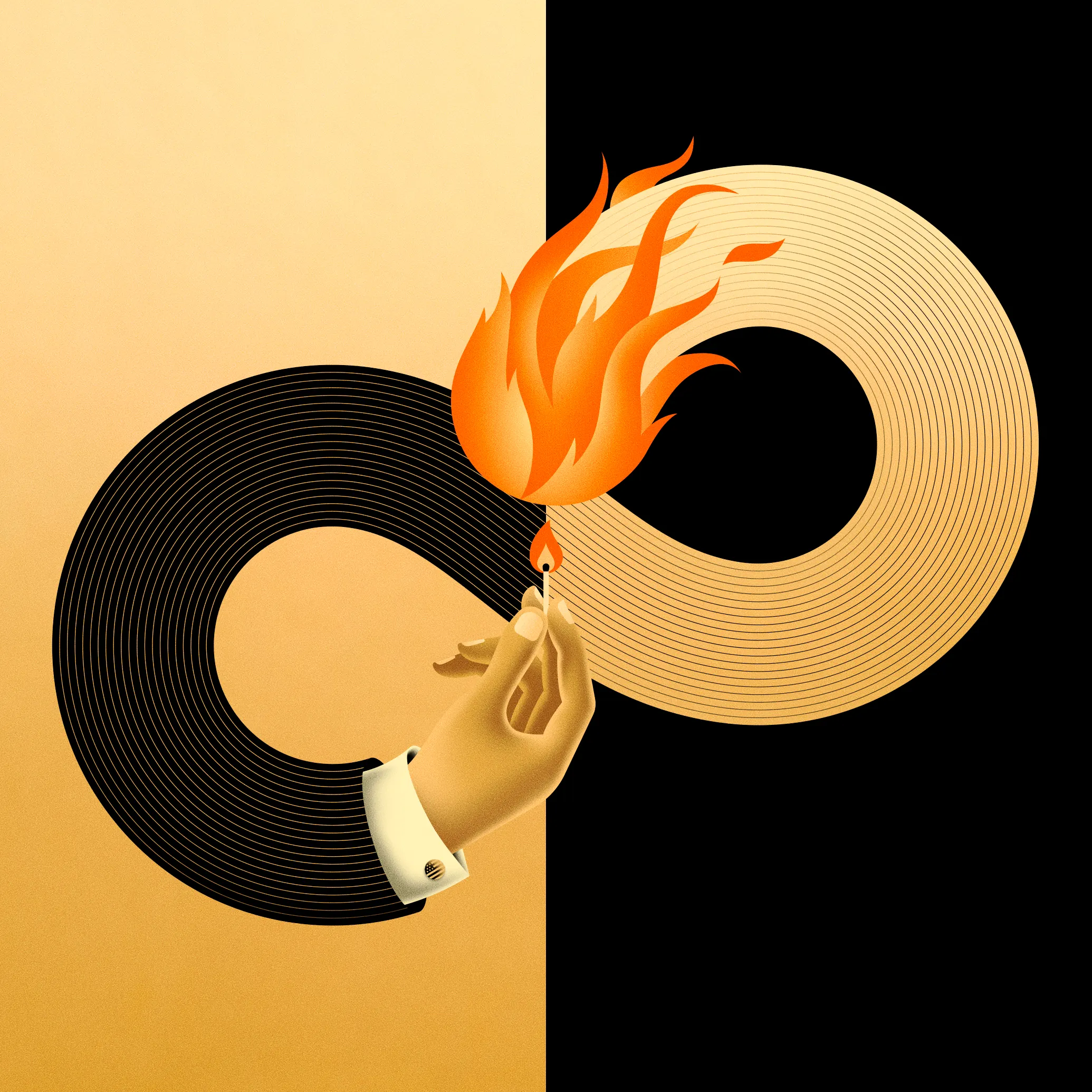Plutocrats, anarchists, and what Henry James grasped about the romance of revolution.
By Adam Gopnik
When, in the nineteen-nineties, people decided that we were living in a new Gilded Age, the meaning was plain. The term, borrowed from the 1873 Mark Twain novel of the same name—a mediocre book by a great writer with a memorable title, like Anthony Trollope’s “The Way We Live Now”—indicated an efflorescence of wealth and display, of overabundance and nouveau-riche excess. It referred mostly to the Veblenian side of American life: status competition through showy objects, from the cloud-level duplexes of the New York skyline to the Met Gala. Perhaps not enough attention was paid to the original concept, which implied a contrast between the truly golden and the merely gilded.
What we didn’t anticipate was that our new Gilded Age would become even more like its precursor—not only in the seeming concentration of overwhelming wealth into fewer and fewer hands but in the gravitation toward a plutocracy. In the industrial age, the totemic figures were Frick and Morgan and Rockefeller; in our post-industrial era, they are Bezos and Musk and Zuckerberg. During that first Gilded Age—if we imagine it running from the eighteen-seventies to 1910—a counter cast of characters had a glamorous appeal of their own. These were the anarchists, whose isolated but highly publicized acts of individual retaliation were intended as inspirational melodramatic theatre rather than as actual revolutionary politics. In these years, anarchists claimed the lives of a French President, an American President, an Italian king, and a Russian tsar, and threw bombs at several American tycoons. Whether or not Luigi Mangione’s recent alleged murder of a helpless insurance executive on a cold New York morning belongs to this tradition, its affect and effect certainly evoke the past, with the curly-haired Ivy-educated youth conferring, in the realm of social media, an improbable aura of martyrdom and purpose on what otherwise would have seemed a sordid act.
How to make sense of their age and ours, one Gilded Age long gone and one now getting stripped of its shine? Henry James—famous for his timidity, his fastidiousness, his suspicion of anything meretricious or gaudy—might seem an unusual figure to lead this investigation, but he does just that in Peter Brooks’s new book, “Henry James Comes Home” (New York Review). Brooks tells the story of James’s return to America in 1904 and his observations of the country, after his happy childhood in pre-Civil War New York and his sojourns in Paris and London. The study is a companion piece to a volume that Brooks, an emeritus professor at Yale, wrote almost two decades ago, the wonderful “Henry James Goes to Paris.” That book sought to understand why James, an abiding Francophile and a prescient admirer of French modernism, could not make a home for himself in Paris in the eighteen-seventies. Brooks offered, on James’s behalf, some finely wrought speculations about the deceptively open nature of Parisian intellectual life which remain true to this day.


